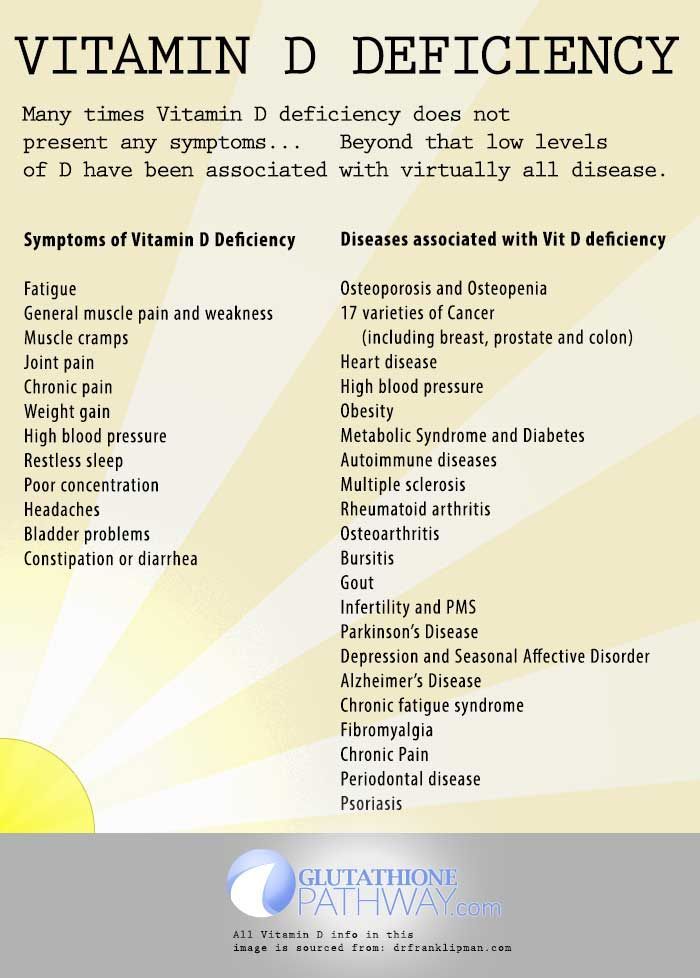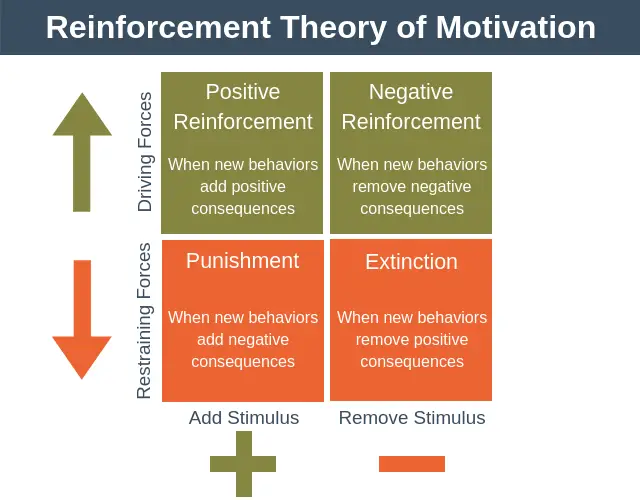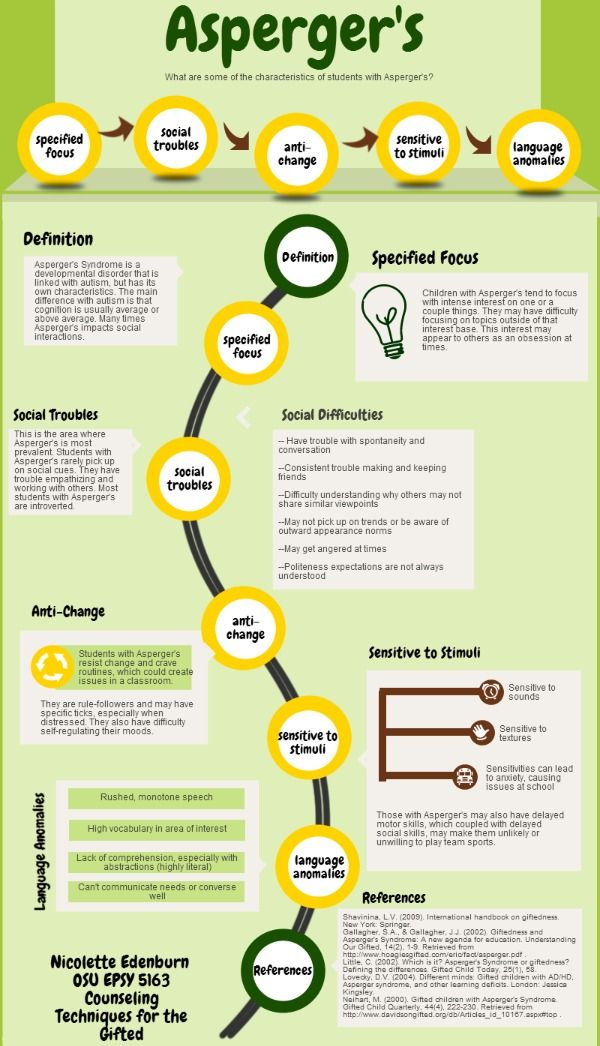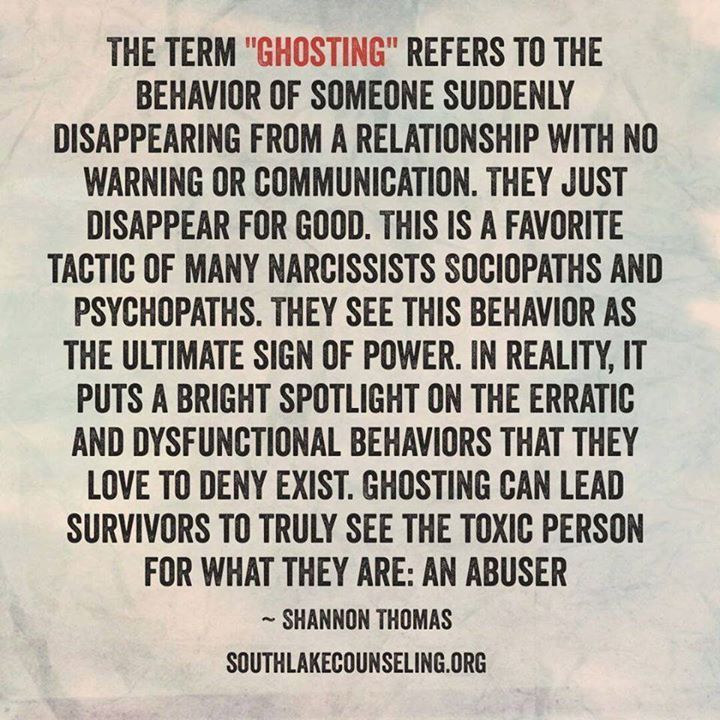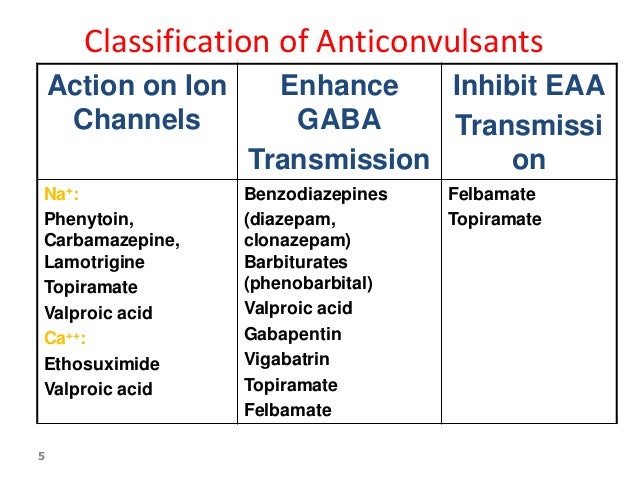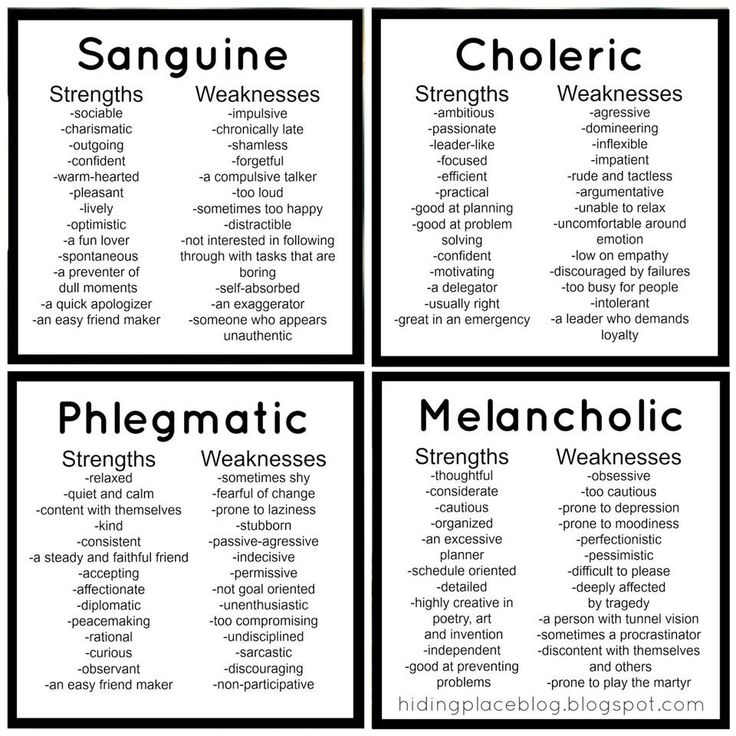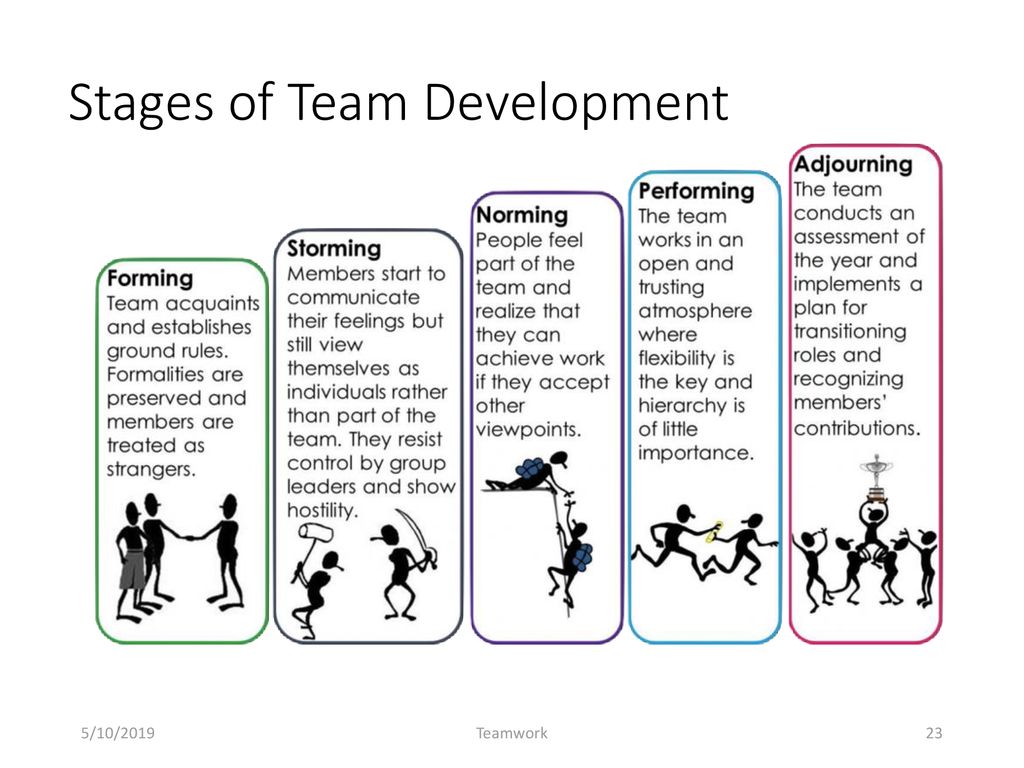Why do i keep hitting myself with a hammer
Why Do I Keep Hitting Myself Over The Head With A Hammer?
← Remake yourself: “I know what I did take to make this, I know what it will take to break this.”
Wait…..Why Can’t We Be Friends Again? →
Sep 16
Because it feels so good when I stop…..
A lot of people have probably heard this phrase before. Meredith said it in an episode of Grey’s Anatomy once. When I first heard it I wasn’t sure what she meant but the more and more I thought I about what she said, I finally got it.
As women we do things, certain things, over and over again that usually cause us some sort of grief or pain and more often than not it involves a man. It can be anything from waiting for a date or sitting by the phone waiting for it to ring and usually once these things happen a sense of relief washes over us but the catch is as the high wears off from that encounter slowly but surely we start the cycle…..all….over….again. Hence, hitting ourselves over the head with the hammer.
These blows to the head can come in many different forms these are a few:
- Sending text messages waiting for and receiving no response for hours or sometimes days, or worse, not at all. And when it finally does it’s a one word response: “HI” or “Hey”
- Placing endless phones calls that go unanswered for days at a time.
- A subtle exchange of emails or tweets that get ignored or when answered are very short and one-sided.
- Promises of a returned phone call that doesn’t happen. At least not within the same 72-hours it was promised.
- Plans of another date or spending time together that seems to never come.
They say love, or the lack of it, will make you do crazy things and the older I get the more I see this statement holds some truth. It can make you see things that aren’t there are or see people in a light that isn’t necessarily a good one but one that suits you at the time. All in an effort to stop hitting yourself upside the head with the hammer. But I wouldn’t classify it so much as crazy as I would a want to have someone in your life. I don’t think anyone likes being alone and because of that fact we as women put up with a lot and in an effort to fill that void we get so little in return. What we really need to ask ourselves is this: is it worth it? Is the stress and strain from the repeated blows of the hammer worth an emotionless text that may or may not come or the two-minute phone conversation with no plans of another in sight? I will be the first to admit, I have sent texts the night before, sleeping with my phone by my side, only to wake up the next morning disappointed to find no response and I’m sure I’m not the only one woman to have done this. Just like I’m sure there a plenty of women who have rode cloud nine through a date with a man only to have that cloud crash to the ground when they don’t see him again for weeks and are only left with unanswered texts and phone calls promising “we’ll hook up soon”.
But I wouldn’t classify it so much as crazy as I would a want to have someone in your life. I don’t think anyone likes being alone and because of that fact we as women put up with a lot and in an effort to fill that void we get so little in return. What we really need to ask ourselves is this: is it worth it? Is the stress and strain from the repeated blows of the hammer worth an emotionless text that may or may not come or the two-minute phone conversation with no plans of another in sight? I will be the first to admit, I have sent texts the night before, sleeping with my phone by my side, only to wake up the next morning disappointed to find no response and I’m sure I’m not the only one woman to have done this. Just like I’m sure there a plenty of women who have rode cloud nine through a date with a man only to have that cloud crash to the ground when they don’t see him again for weeks and are only left with unanswered texts and phone calls promising “we’ll hook up soon”.
So at what point is it okay to put down the hammer? Or are we destined to beat ourselves silly searching for a high that may or may not ever come again?
Rate this:
Like this:
Like Loading. ..
..
Posted on 09/16/2011, in Emo Thoughts, Rants and Raves, Relationships and tagged dating, dlsparks, greys anatomy, hearts, lies, life, love, men, relationships, women, writing. Bookmark the permalink. 13 Comments.
← Remake yourself: “I know what I did take to make this, I know what it will take to break this.”
Wait…..Why Can’t We Be Friends Again? →
What Is Self-Injury Disorder?
Written by WebMD Editorial Contributors
In this Article
- Who Is More Likely to Engage in Self-Injury?
- What Leads to Self-Injury?
- What Are the Symptoms of Self-Injury?
- Warning Signs of Self-Injury
- How Is Self-Injury Diagnosed?
- How Is Self-Injury Treated?
- What Is the Outlook for People Who Engage in Self-Injury?
Self injury, also called self-harm, self-mutilation, or simply cutting, is defined as any intentional injury to one's own body. Usually, self-injury leaves marks or causes tissue damage.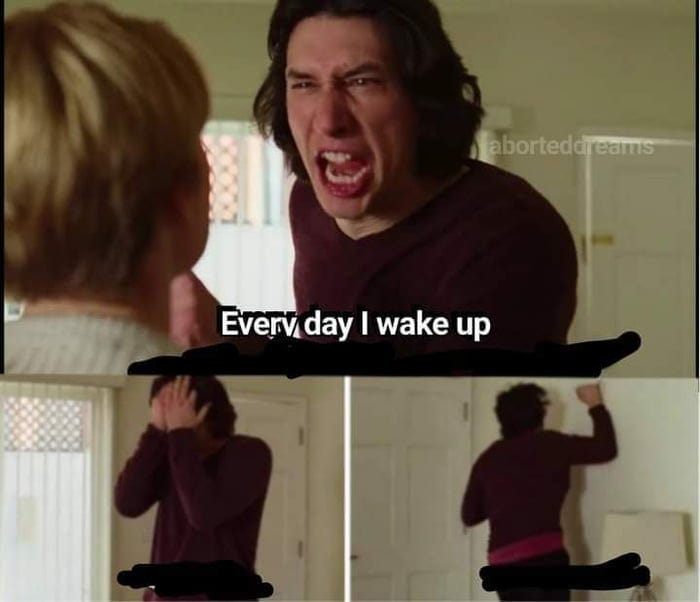 Self-injury can involve any of the following behaviors:
Self-injury can involve any of the following behaviors:
- Cutting
- Burning (or "branding" with hot objects)
- Excessive body piercing or tattooing
- Picking at skin or reopening wounds
- Hair-pulling (trichotillomania)
- Head-banging
- Hitting (with hammer or other object)
- Bone-breaking
Most who engage in self-injury act alone rather than in groups. They also attempt to hide their behavior.
Who Is More Likely to Engage in Self-Injury?
Self-injury occurs across the spectrum; the behavior is not limited by education, age, race, sexual orientation, socioeconomic status, or religion. However, self-injury occurs more often among:
- Adolescent females
- People who have a history of physical, emotional, or sexual abuse
- People who have co-existing problems of substance abuse, obsessive-compulsive disorder, or eating disorders
- Individuals who were often raised in families that discouraged expression of anger
- Individuals who lack skills to express their emotions and lack a good social support network
What Leads to Self-Injury?
Self-injury usually occurs when people face what seem like overwhelming or distressing feelings. It can also be an act of rebellion and/or rejection of parents' values and a way of individualizing oneself. Sufferers may feel that self-injury is a way of:
It can also be an act of rebellion and/or rejection of parents' values and a way of individualizing oneself. Sufferers may feel that self-injury is a way of:
- Temporarily relieving intense feelings, pressure, or anxiety
- Being a means to control and manage pain - unlike the pain experienced through physical or sexual abuse or trauma
- Providing a way to break through emotional numbness (the self-anesthesia that allows someone to cut without feeling pain)
- Asking for help in an indirect way or drawing attention to the need for help
- Attempting to affect others by manipulating them, trying to make them care, trying to make them feel guilty, or trying to make them go away
Self-injury also may be a reflection of a person's self-hatred. Some self-injurers are punishing themselves for having strong feelings that they were usually not allowed to express as children. They also may be punishing themselves for somehow being bad and undeserving. These feelings are an outgrowth of abuse and a belief that the abuse was deserved.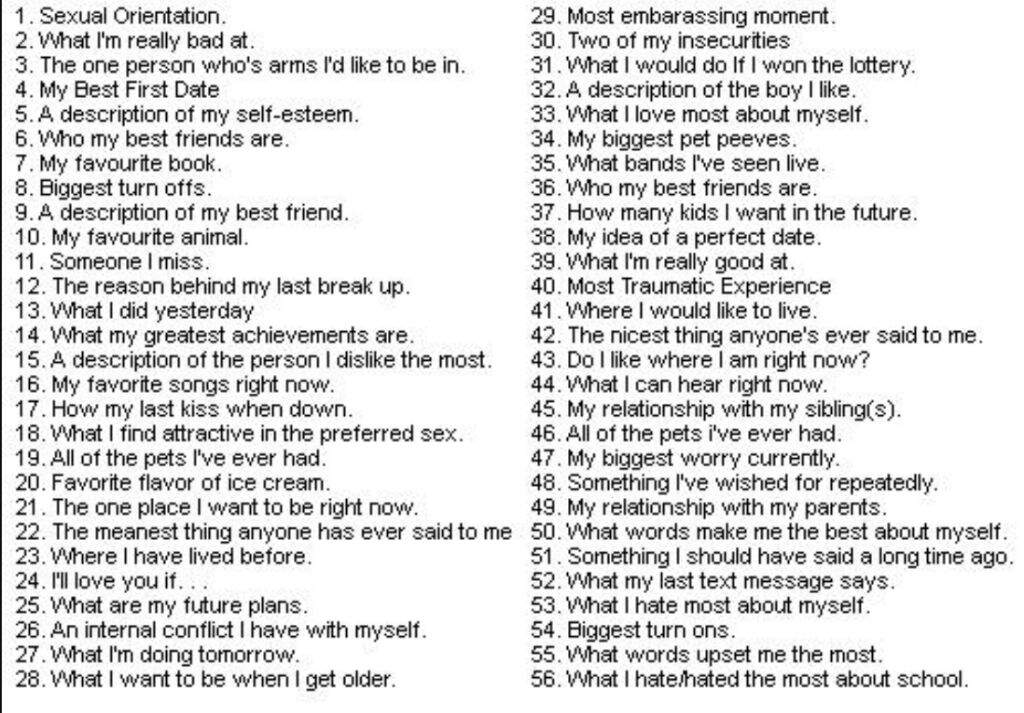
Although self-inflicted injury may result in life-threatening damage, it is not considered to be suicidal behavior.
What Are the Symptoms of Self-Injury?
The symptoms of self-injury include:
- Frequent cuts and burns that cannot be explained
- Self-punching or scratching
- Needle sticking
- Head banging
- Eye pressing
- Finger or arm biting
- Pulling out one's hair
- Picking at one's skin
Warning Signs of Self-Injury
Signs that an individual may be engaging in self-injury include:
- Wearing of pants and long sleeves in warm weather
- The appearance of lighters, razors, or sharp objects that one would not expect among a person's belongings
- Low self-esteem
- Difficulty handling feelings
- Relationship problems
- Poor functioning at work, school, or home
How Is Self-Injury Diagnosed?
If an individual shows signs of self-injury, a mental health professional with self-injury expertise should be consulted. That person will be able to make an evaluation and recommend a course of treatment. Self-injury can be a symptom of psychiatric illness including:
That person will be able to make an evaluation and recommend a course of treatment. Self-injury can be a symptom of psychiatric illness including:
- Personality disorders (particularly borderline personality disorder)
- Substance use disorders
- Bipolar disorder
- Major depression
- Anxiety disorders (particularly obsessive-compulsive disorder)
- Schizophrenia
How Is Self-Injury Treated?
Treatment for self-injury may include:
- Psychotherapy: Counseling can be used to help a person stop engaging in self-injury.
- Dialectical Behavior Therapy (DBT): DBT is a group- and individually-based treatment program that helps people gain greater mastery over self-destructive impulses (such as self-injury), learn ways to better tolerate distress, and acquire new coping skills through techniques such as mindfulness.
- Post-traumatic stress therapies: These may be helpful for self-injurers who have a history of abuse or incest.
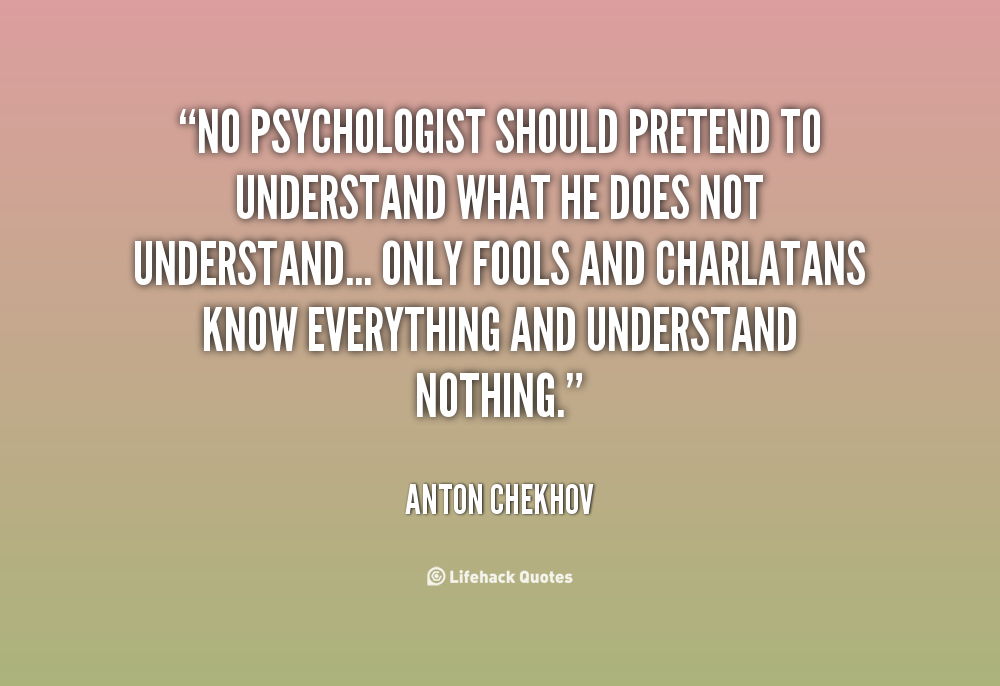
- Group therapy: Talking about your condition in a group setting to people who have similar problems may be helpful in decreasing the shame associated with self-harm, and in supporting healthy expression of emotions.
- Family therapy: This type of therapy addresses any history of family stress related to the behavior and can help family members learn to communicate more directly and openly with each other.
- Hypnosis and other self-relaxation techniques: These approaches are helpful in reducing the stress and tension that often precede incidents of self-injury.
- Medications: Antidepressants. low-dose antipsychotics, or anti-anxiety medication may be used to reduce the initial impulsive response to stress.
What Is the Outlook for People Who Engage in Self-Injury?
The prognosis for self-injurious behavior varies depending upon a person's emotional or psychological state and the nature of any underlying psychiatric condition. It is important to determine the factors that lead to an individual's self-injuring behaviors, and to identify and treat any pre-existing personality disorders.
It is important to determine the factors that lead to an individual's self-injuring behaviors, and to identify and treat any pre-existing personality disorders.
“I really wanted to knock on the table with a wooden mallet in court”
Questionnaire
Pyshkin Anatoly Filippovich
YEAR AND PLACE OF BIRTH: in 1950, Lesozavodsk.
CAREER: after graduating from school, he entered the Far Eastern State University at the Faculty of Law. In 1972-75. worked in the prosecutor's office, from 1975 to 1995. - a judge. After an honorable resignation in 1995, he took up the practice of law. Member of the Primorsky Bar Association.
VALUES OF LIFE: Most of all she values honesty and decency in people.
FAVORITE DRINK: Cappuccino coffee, orange juice, champagne.
VEHICLE: 1995 Toyota-Chaser
FAMILY STATUS: married, father of two daughters.
- Why do you want to become a lawyer?
- When I was little, I was very fond of Indian fairy tales. And for some reason, always in these fairy tales, the judge was the wisest of all those who argued. I also wanted to be the wisest, smartest and most competent in order to resolve disputes and conflicts that arise among people. I had no desire to become a detective, an investigator, a prosecutor - just a judge.
And for some reason, always in these fairy tales, the judge was the wisest of all those who argued. I also wanted to be the wisest, smartest and most competent in order to resolve disputes and conflicts that arise among people. I had no desire to become a detective, an investigator, a prosecutor - just a judge.
- Were your parents surprised by your decision?
- No. My mother wanted me to become a surgeon or a lawyer. I had already made a clear choice somewhere in the 8th grade and knew that after school I would enter the law faculty of the Far Eastern State University. Therefore, the question of my future profession was not even discussed in the family, and my decision was taken for granted.
- You didn't become a well-known lawyer right away. How did your career develop?
- When I graduated from the university, I was not yet 22 years old and, naturally, I could not be a judge. There was no experience, no practice. Judges become 25 years old. But I think that this should happen no earlier than 30 years. After my studies, I was offered to stay in Vladivostok, but they did not provide me with housing, and by that time I was already married, I had a child. I said that I was ready to go anywhere, as long as they gave me an apartment. So I ended up in Komsomolsk-on-Amur, in the city prosecutor's office. At the same time, I was introduced to the chairman of the military tribunal of the local military garrison, Viktor Aleksandrovich Yaskin. Now he is a judge of the military collegium of the Supreme Court of the Russian Federation. When we got to know him better, he suggested that I go to work in the system of military tribunals. But for this it was necessary to be called up for service. I agreed, and you know why? Because unlike ordinary territorial courts, military judges have the opportunity to proofread cases from cover to cover and prepare thoroughly for each trial.
But I think that this should happen no earlier than 30 years. After my studies, I was offered to stay in Vladivostok, but they did not provide me with housing, and by that time I was already married, I had a child. I said that I was ready to go anywhere, as long as they gave me an apartment. So I ended up in Komsomolsk-on-Amur, in the city prosecutor's office. At the same time, I was introduced to the chairman of the military tribunal of the local military garrison, Viktor Aleksandrovich Yaskin. Now he is a judge of the military collegium of the Supreme Court of the Russian Federation. When we got to know him better, he suggested that I go to work in the system of military tribunals. But for this it was necessary to be called up for service. I agreed, and you know why? Because unlike ordinary territorial courts, military judges have the opportunity to proofread cases from cover to cover and prepare thoroughly for each trial.
- Many of your colleagues worked as investigators before starting the practice of law. do you have a similar experience?
do you have a similar experience?
- I worked for two and a half years in the territorial prosecutor's office. He managed to work on the investigation and participated in the courts as a public prosecutor. So I have some experience and I also passed this stage. But I have always loved court work.
I have often been told that during the process it is very difficult to understand which side I am on. And the judge cannot be on someone's side, he must be impartial. Unfortunately, now I very often encounter bias on the part of judges. The pronounced accusatory bias in their work simply kills me as a professional and kills close relatives of the defendants.
For example, very often one comes across such a picture: the prosecutor comes to the judge's office almost like to his own home, almost opens the door with his foot. He can come, sit down without an invitation, without asking permission, hang clothes in a closet. The lawyer can't afford it. But the most unpleasant thing is that all this happens in front of people. When they see this, they are sure that everyone is at the same time - judges, investigators, prosecutors.
The lawyer can't afford it. But the most unpleasant thing is that all this happens in front of people. When they see this, they are sure that everyone is at the same time - judges, investigators, prosecutors.
"I don't like defending scoundrels"
- What job would you never take on even if you were offered the highest fee?
- It depends on what crime is committed and how. I pass all the cases that I conduct through myself. If I see that a person is a complete bastard, I will always find an excuse to refuse to participate in the process. But if I made a contract, I will protect the client, despite his moral qualities. In general, everything becomes clear after the first conversation. If I see distrust on the part of a person, I will not work with him.
- Tell me, how does a person who is accustomed to holding the fate of other people in his hands feel?
- I think that any profession shapes a person.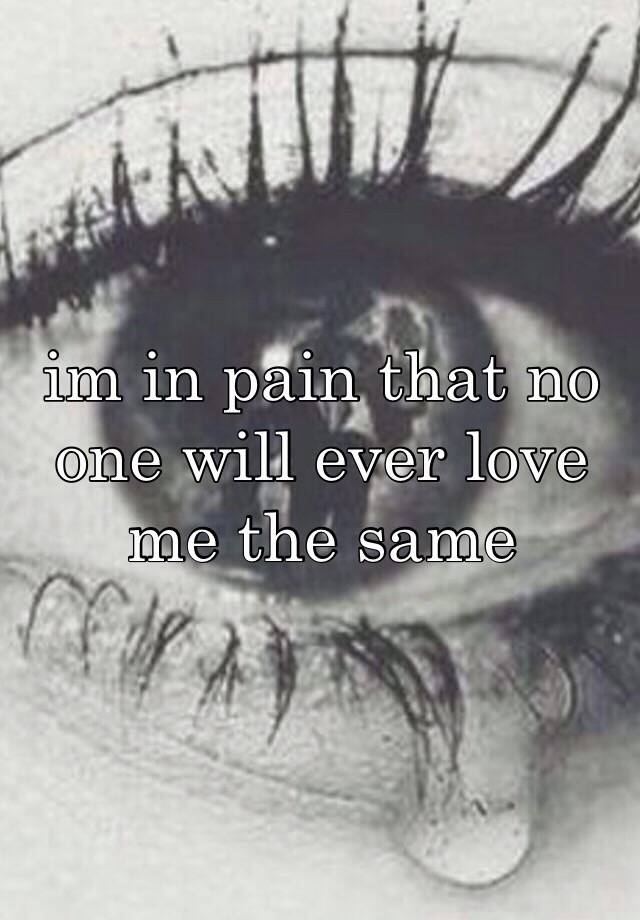 I was ready for such a responsibility. When considering cases, I always tried to be as objective as possible. And when I sat at the judge's table, I got great pleasure from the administration of justice. I tried to act in such a way as if the cameras were aimed at me. That is, not a single extra remark, not a single reproach, glance ...
I was ready for such a responsibility. When considering cases, I always tried to be as objective as possible. And when I sat at the judge's table, I got great pleasure from the administration of justice. I tried to act in such a way as if the cameras were aimed at me. That is, not a single extra remark, not a single reproach, glance ...
- Have you regretted that it is not customary for a judge to wear a wig and gown? Didn't feel like knocking on the table with a wooden mallet?
- I really wanted this. But, unfortunately, in our country it is almost not accepted. Only occasionally at show trials, and at the military collegium of the Supreme Court of the Russian Federation, judges put on a mantle.
- High-profile trials of recent years are associated with your name: the cases of Grigory Pasko, Admiral Morev. If earlier only your colleagues knew you well, now the name Pyshkin is well-known among many.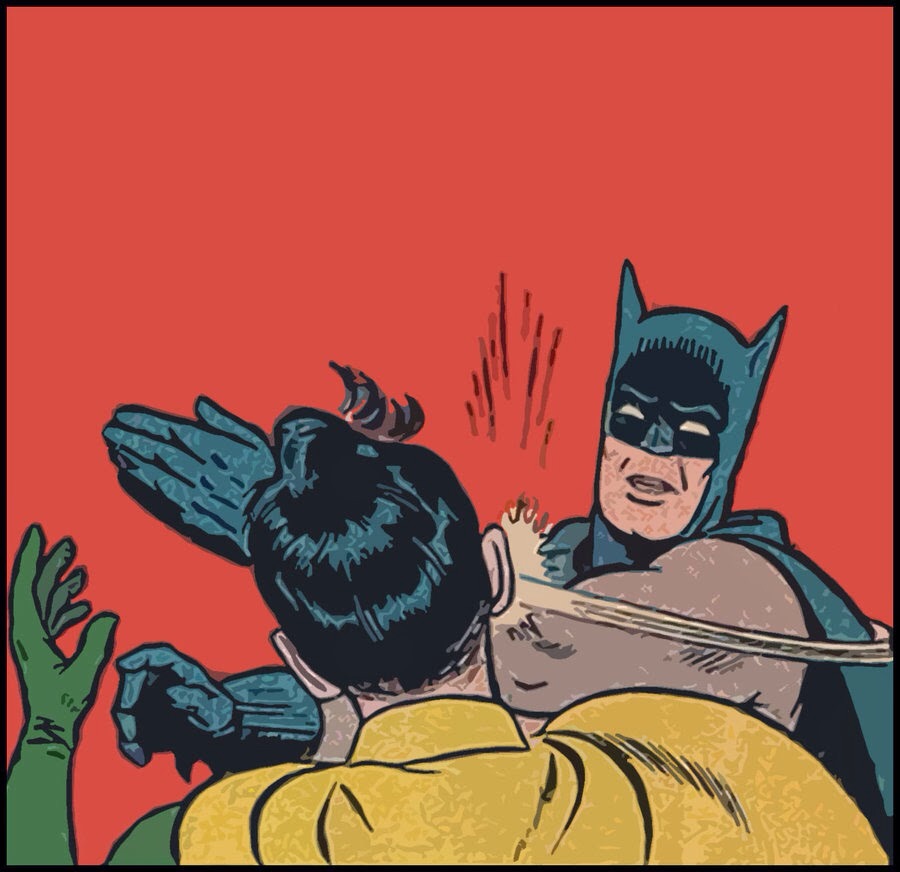 How do you think fame has affected your life?
How do you think fame has affected your life?
- People just started contacting me more often. I can’t say that it had a strong influence, although I became, of course, more recognizable. Complete strangers often come up to me on the street and greet me. It is pleasant and, at the same time, very responsible.
- Probably, you immediately have more envious people?
- Yes, there are envious people among colleagues. Like, some Pyshkin appeared, it is not known from where, and he is already giving interviews, he is appearing on TV. Although, for some reason, no one dares to talk about it directly with me.
A lawyer will not disappear anywhere
- Is it true that lawyers enjoy a special position in the criminal world? And if one of them gets into the cell, will the inhabitants there treat him very loyally?
- Such an assertion is not unfounded. In general, everyone who ends up in a pre-trial detention center is treated normally there.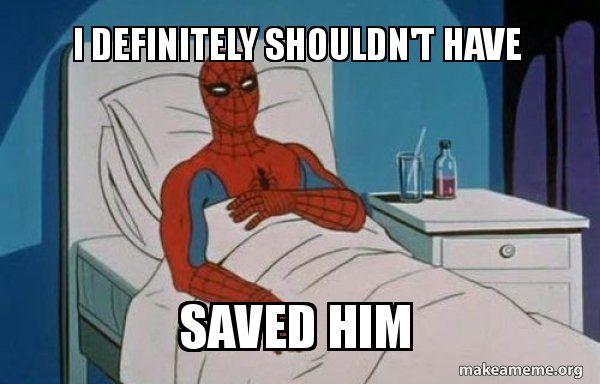 It is believed that if you yourself did not imprison anyone before, and now you are being persecuted by the authorities, then there is no need for your cellmates to help the police. Only those who previously cooperated with law enforcement agencies are subjected to persecution: investigators, judges, prosecutors. In addition, a lawyer who ended up in the dungeons of a pre-trial detention center - sometimes this is done unreasonably in order to "break" a person - continues to use his knowledge. Can advise, help write a complaint, and so on.
It is believed that if you yourself did not imprison anyone before, and now you are being persecuted by the authorities, then there is no need for your cellmates to help the police. Only those who previously cooperated with law enforcement agencies are subjected to persecution: investigators, judges, prosecutors. In addition, a lawyer who ended up in the dungeons of a pre-trial detention center - sometimes this is done unreasonably in order to "break" a person - continues to use his knowledge. Can advise, help write a complaint, and so on.
- But if the attitude of criminals towards lawyers is liberal, how can one explain the recent attempt on the life of one of your colleagues?
- The fact that attempts are made on lawyers is quite natural. If the judge is protected by law, the lawyers are absolutely defenseless. I heard that, for example, they are going to jail me. Nowadays, this is easy to do. You can easily plant weapons, cartridges, drugs - anything. I heard rumors that a plan was being developed to apply physical force to me. I have never been directly threatened. But it happened that they persistently advised me to get out of this or that business.
I heard rumors that a plan was being developed to apply physical force to me. I have never been directly threatened. But it happened that they persistently advised me to get out of this or that business.
- Do you consider the case of Admiral Vladimir Morev successful in your career or is it unpleasant for you?
- Unpleasant. I think that I did not do everything in this case. But it wasn't my fault. I have always said and continue to say that the admiral's sentence is extremely severe. Unfair. There is no indisputable evidence of the officer's guilt. If I had been in the place of the judge, I would not have appointed him more than four years and, most likely, the sentence would have been suspended. For a person with such a rank and position, the very fact of bringing to criminal responsibility would be a serious punishment. Unfortunately, now I am not working on this case, and not on my own initiative.
- Presumably the admiral himself refused?
- After the verdict, he told the lawyers not to come to him anymore. In addition, we had disagreements about the conduct of the defense. But I'm convinced that no matter who the lawyers work with him, when the case comes to the Supreme Court, the sentence will be, if not overturned, then significantly changed. This verdict has no right to exist. He is cruel.
In addition, we had disagreements about the conduct of the defense. But I'm convinced that no matter who the lawyers work with him, when the case comes to the Supreme Court, the sentence will be, if not overturned, then significantly changed. This verdict has no right to exist. He is cruel.
Children should be loved and pampered
- Your eldest daughter graduated from the Faculty of Law of the Far East State University, the youngest is studying at a college at University and also dreams of becoming a lawyer. Is the fact that children have chosen your profession a manifestation of paternal selfishness?
- I did not impose anything. About two years ago, in one of the difficult cases, in which murder and robbery appeared, I prepared a complaint to the Supreme Court. To test the child, I tell my youngest daughter (she was only thirteen at the time): come on, I will read aloud, and you will decide whether it is convincing or not. Before this incident, it seemed to me that I knew my child ... I read a complaint, suddenly she stops me and says: listen, dad, maybe it was necessary to do this here, and change a little there? I was amazed - I had all this in the text, only a little further.
Before this incident, it seemed to me that I knew my child ... I read a complaint, suddenly she stops me and says: listen, dad, maybe it was necessary to do this here, and change a little there? I was amazed - I had all this in the text, only a little further.
- Did you punish your children?
- I consider myself very lucky to have two girls. Of course, I would also like a son, but it so happened that daughters were born. They are very sweet and gentle. I generally do not like rudeness and violence. Although if violence is used against me, I always respond in kind. And punished or not ... Let's say, with the eldest daughter, I was more strict than with the younger. I pamper the younger one more.
- How do you choose gifts for your children? Maybe you are trying to compensate them for what did you receive less in your childhood?
- On the one hand, I try to know their tastes, desires, dreams. I see how the eyes of the youngest daughter light up when she talks about something and immediately "shake it with a mustache.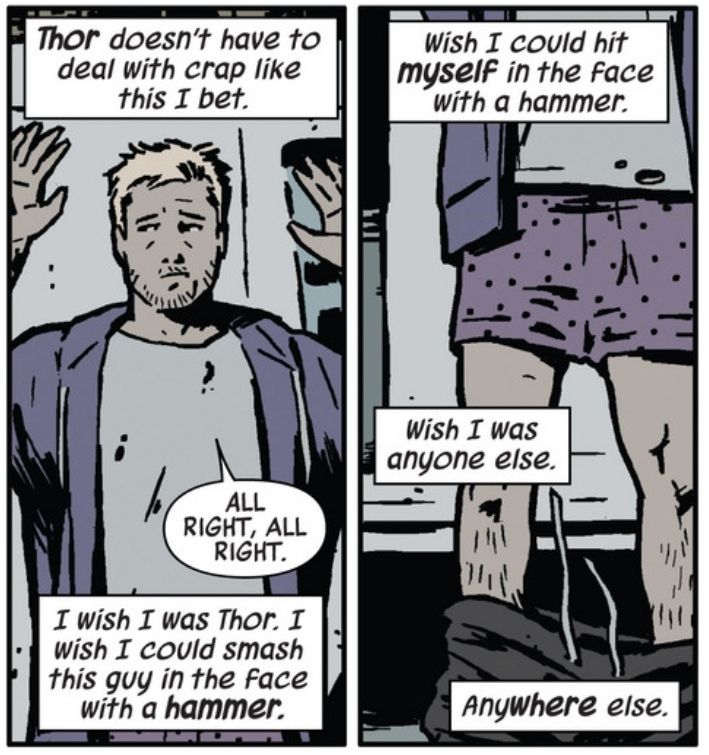 " I do not necessarily make gifts for the holiday. And sometimes it happens like this - a daughter comes and says: dad, I looked at something there, maybe let's go and see? Of course, my childhood was different.
" I do not necessarily make gifts for the holiday. And sometimes it happens like this - a daughter comes and says: dad, I looked at something there, maybe let's go and see? Of course, my childhood was different.
- Can you remember the best present you have ever received?
- Despite the fact that I love beautiful things, I try to dress well, I don't consider some household items as a gift at all. Do not take it for coquetry, but the most precious gift for me is human gratitude, a sincere "thank you" said in time. I very subtly capture sincerity, and when I see that a person speaks from the heart, this is the most precious thing he can thank me with.
It's better to go on a business trip with a dog
- Do you have any hobby?
- I very often catch myself thinking that I should do something in my spare time when I see someone else have some kind of hobby. It doesn't matter what he collects: smoking pipes, lighters, foreign cars, butterflies.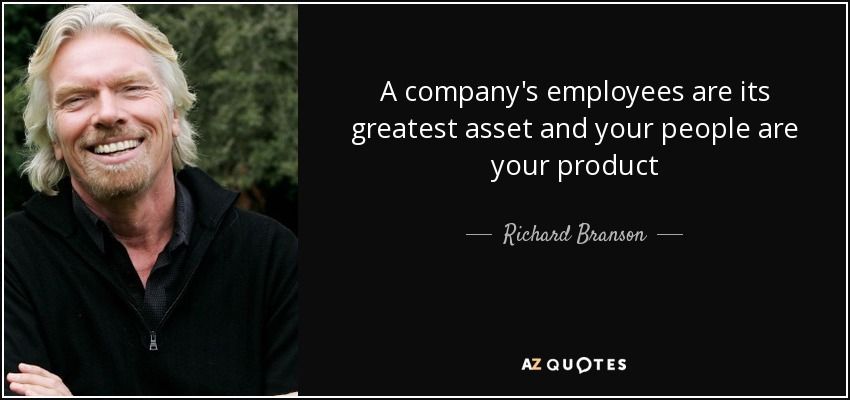 I, alas, cannot find such a hobby that would capture me in the same way as work. However, they say that I draw well. At school, I worked out my summer practice in the drawing room - I designed stands. When I used to have more free time, I liked to draw something for all the holidays and anniversaries of my family. Along with other gifts, I gave painted roses or tulips. By the way, in the entrance where I live, on the landing in a frame, my painting, painted in watercolor, hangs: nature, a river, trees. True, the upper floors were recently flooded and the painting was slightly smeared with water.
I, alas, cannot find such a hobby that would capture me in the same way as work. However, they say that I draw well. At school, I worked out my summer practice in the drawing room - I designed stands. When I used to have more free time, I liked to draw something for all the holidays and anniversaries of my family. Along with other gifts, I gave painted roses or tulips. By the way, in the entrance where I live, on the landing in a frame, my painting, painted in watercolor, hangs: nature, a river, trees. True, the upper floors were recently flooded and the painting was slightly smeared with water.
- Do you have any animals at home?
- We have a dachshund Tilda. At first I bred aquarium fish. They were so comforting, I loved looking at them. But, unfortunately, the youngest daughter is allergic to fish food and we abandoned this idea. Then we had a poodle, but because of the illness of the child, he also had to be given away. The story of the appearance of Tilda in our family is absolutely wonderful.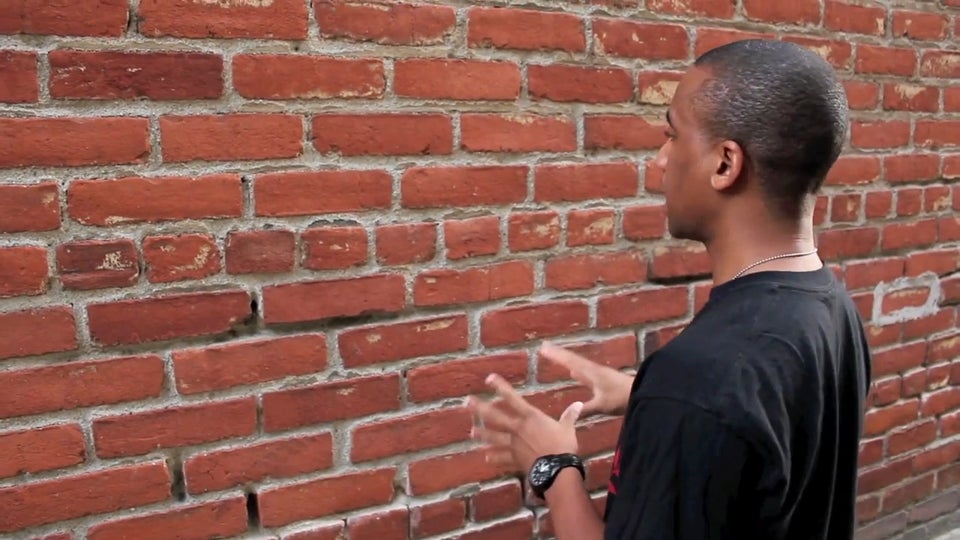 Five years ago, my wife and daughter went to the Balyaevsky market to buy cans for a gas stove - at that time there was another energy crisis. The wife says: Yana and I saw such a pretty puppy, go with your daughter and take the money at the same time. I was categorically against a new dog in the house, but I still went with my daughter. She took one of the puppies in her arms, he clung to her so that the old saleswomen were touched. I tell my daughter: Yanushka, we will not buy a dog. And my daughter's eyes are so big, black, and she looked at me like that...
Five years ago, my wife and daughter went to the Balyaevsky market to buy cans for a gas stove - at that time there was another energy crisis. The wife says: Yana and I saw such a pretty puppy, go with your daughter and take the money at the same time. I was categorically against a new dog in the house, but I still went with my daughter. She took one of the puppies in her arms, he clung to her so that the old saleswomen were touched. I tell my daughter: Yanushka, we will not buy a dog. And my daughter's eyes are so big, black, and she looked at me like that...
Didn't cry, just looked. Grannies around began to resent, they say, what an insensitive, cruel dad. In general, I had no choice but to get my wallet and count the money. Over time, Tilda became "daddy's" dog. I take it with me on all business trips around the region, I even take it to Khabarovsk. She has her own special road house for this.
"My soul parted from my body twice"
- Are you a believer?
- I am baptized.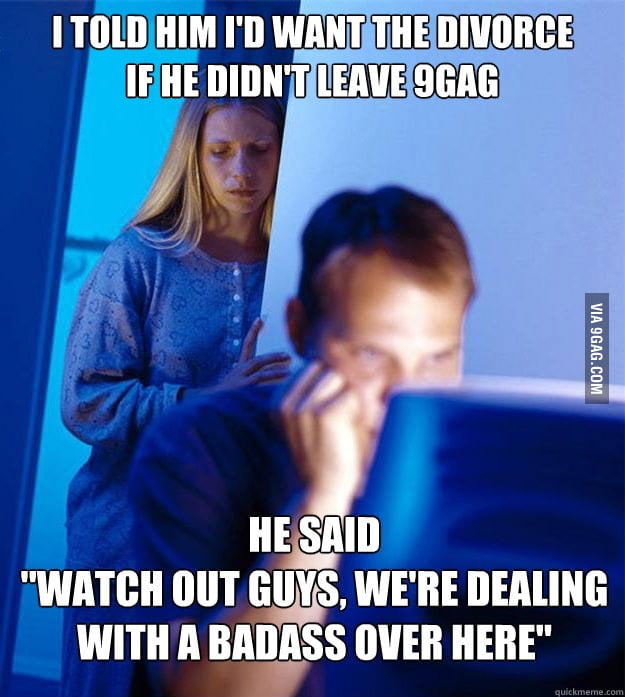 I was baptized at an early age, in the strictest secrecy. My godfather was a communist. If anyone found out about this, this person would immediately be kicked out of the party and he would get into big trouble. In general, in my life there were two cases when the soul parted with the body. Once it happened while sleeping. I felt that I was going up somewhere and I could see my body from there.
I was baptized at an early age, in the strictest secrecy. My godfather was a communist. If anyone found out about this, this person would immediately be kicked out of the party and he would get into big trouble. In general, in my life there were two cases when the soul parted with the body. Once it happened while sleeping. I felt that I was going up somewhere and I could see my body from there.
The second time it happened was during an operation. I flew along some kind of corridor towards the light. Then I saw a green meadow where people in transparent white clothes were walking. I felt so good, so calm, that I wanted to stay there permanently. This went on for some time and suddenly I heard a voice that said that it was time for me to return. I asked: why, because I feel so good here. And I heard: "You are needed THERE to do good to people." The return was painful. It was as if I was swimming from the darkness into the light - it was like when a person dives, and then abruptly rises to the surface.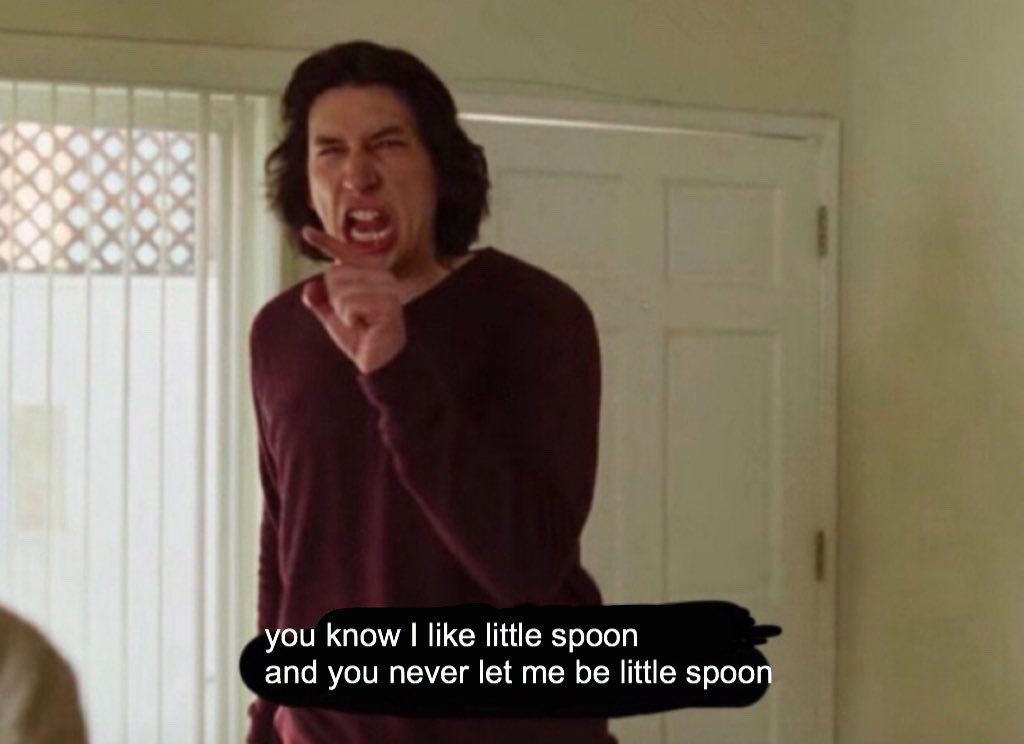 Then I seemed to hit my head on a thin, but very strong membrane, which I could not break through. Finally, I succeeded and I woke up from anesthesia during the operation ... Now I know that there is some kind of higher mind. And I do not believe that the origin of man can be explained by Darwin's theory. I still prefer the version that we were all brought to Earth from some other planets.
Then I seemed to hit my head on a thin, but very strong membrane, which I could not break through. Finally, I succeeded and I woke up from anesthesia during the operation ... Now I know that there is some kind of higher mind. And I do not believe that the origin of man can be explained by Darwin's theory. I still prefer the version that we were all brought to Earth from some other planets.
5 books about healthy habits
Reading is a healthy habit. So, reading about good habits is doubly healing.
Picked up 5 books about how to get closer to the ideal. Rationally, with joy and without perfectionism.
The material was prepared by the heading editor and expresses the individual opinion of the author.
Healthy food. Demystifying Healthy Eating by Colin Campbell Best-selling author of The China Study, professor of food biochemistry at Cornell University answers popular questions: Why can't even the best vitamin supplements replace fruits and vegetables? How to make a lifestyle out of proper nutrition? Should we fully trust modern health research?
As with the acclaimed China Study, Campbell advocates going back to basics and eating plant foods in a "whole" form. The whole plant-based diet (WMD), where the word diet is synonymous with lifestyle, not restriction, is sung by the author throughout the book.
The whole plant-based diet (WMD), where the word diet is synonymous with lifestyle, not restriction, is sung by the author throughout the book.
The rules are as simple as possible:
“Eat a variety of vegetables, fruits, nuts and seeds, legumes and whole grains. Avoid highly processed and animal foods. Stay away from salt, fat and sugar. Aim to get 80% of your calories from carbs, 10% from fat, and 10% from protein.”
The author rightly points out that it is nutrition that should be made the central element of the health care system. The facts are given as a weighty argument:
“People who switched to a whole plant-based diet found that most health problems were caused or significantly aggravated by the previous diet and naturally quickly resolved when the body began to receive the right fuel. It's like someone hitting themselves on the head with a hammer three times a day and believing there's no cure for the headache. So put down the hammer!"
Campbell calls excessive uncontrolled oxidation the main enemy of health and longevity.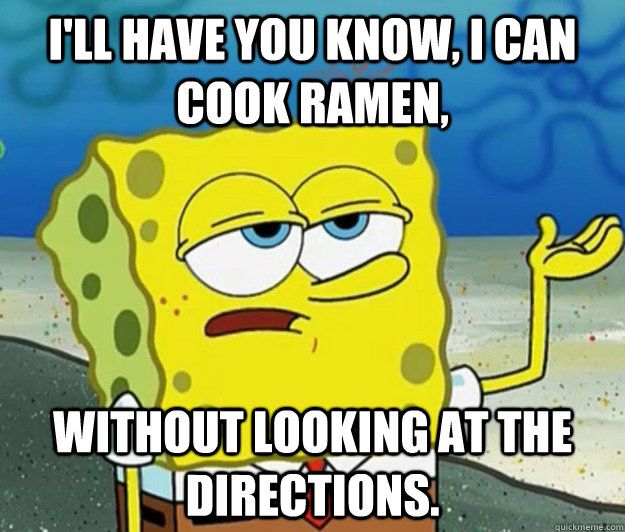
“Like excessive oxidation turns a new car into a mountain of scrap metal, and a piece of apple into compost. In the process, free radicals are produced that we know cause aging, promote cancer, and rupture of atherosclerotic plaques leading to strokes and heart attacks. One of their negative effects is a whole spectrum of autoimmune and neurological diseases.”
Not to be unfounded, the author in the book provides a number of evidence that a high-protein diet promotes the formation of free radicals, and this contributes to unwanted tissue damage. Surprisingly, plants also produce harmful free radicals during photosynthesis. To counteract this, in the process of evolution, plants have developed a defense mechanism - antioxidants.
That's what we get when we eat plants. And they also serve us faithfully, as they served plants, protecting against free radicals and slowing down the aging process in cells. At the same time, they do not affect beneficial oxidative processes, but only neutralize the harmful products of excessive oxidation.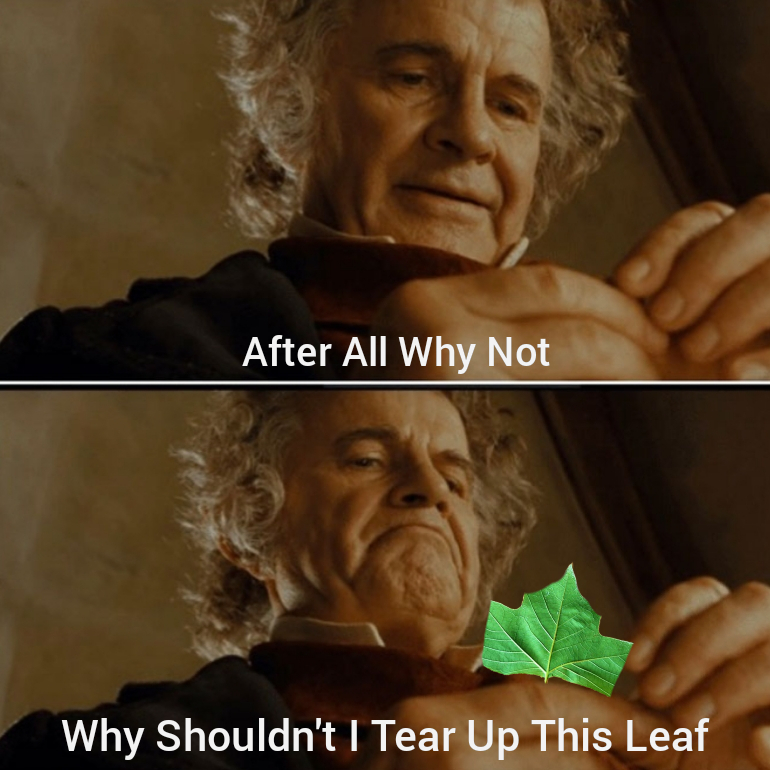
Why didn't our body take care of the production of antioxidants? The professor suggests that this is due to the fact that for almost the entire history they were easily obtained from the main food source - plants. It was only when Homo sapiens switched to a diet rich in animal and processed food that he began to oxidize. Excess protein causes plant antioxidants to be unable to contain and neutralize damage.
Campbell speaks sarcastically about modern scientific research. He claims that food can heal faster and more effectively than most expensive medications and the most serious surgeries. In this case, there will be side effects, but only favorable ones. Proper nutrition can prevent cancer, heart disease, type 2 diabetes, stroke, macular degeneration, migraine, erectile dysfunction, and arthritis, to name a few.
Insisting on the goodness of a raw food diet, the author debunks the most popular myths about the body.
First, reverence for animal protein. The book refutes the need for the presence of milk and meat in the diet.
The book refutes the need for the presence of milk and meat in the diet.
Secondly, the view of the body as separate parts.
“An organism is a holistic system with many internal connections, but we are accustomed to consider it a set of separate parts and systems, where chemical substances individually perform specific, unrelated transformations. Through a reductionist lens, we see nutrition as the sum of the actions of individual nutrients rather than an all-encompassing process, and consider nutrition to be an isolated discipline rather than the most influential factor in our overall health. And although this perception of our body and health has not given us effective solutions, we are unwilling to admit that our approach is wrong, and we stubbornly believe that if we follow the same path, eventually solutions will be found. Once trapped in this paradigm, it is difficult to understand something that reductionism cannot fully measure.”
Third, pills don't solve problems.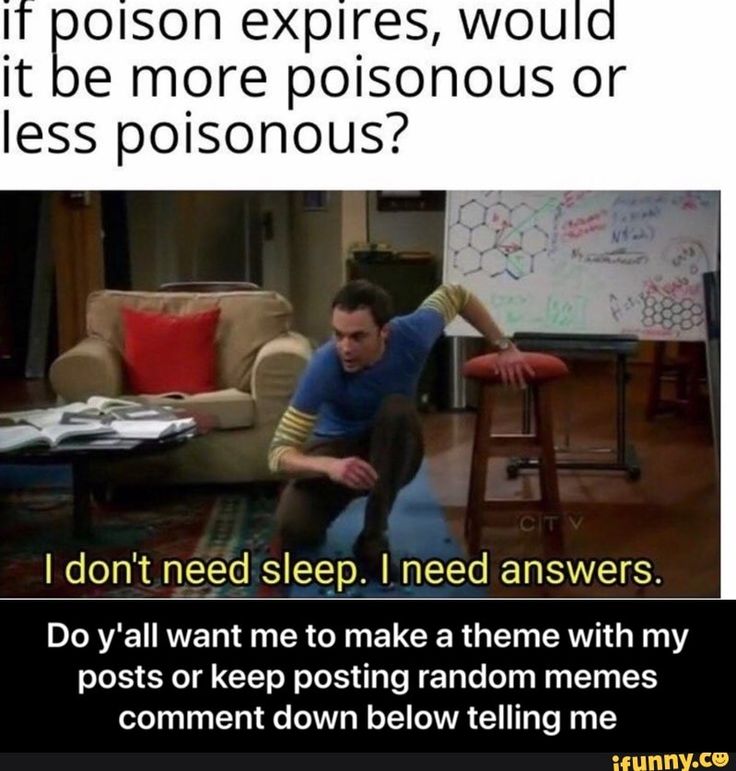 Truth immediately notes that as long as the pharmaceutical industry remains the force that determines what scientific tasks to set, what research to finance and what results to publish, and to elevate what is published into the status of official policy, it is impossible to break out of the habit of healing with a pill. The forces are too unequal.
Truth immediately notes that as long as the pharmaceutical industry remains the force that determines what scientific tasks to set, what research to finance and what results to publish, and to elevate what is published into the status of official policy, it is impossible to break out of the habit of healing with a pill. The forces are too unequal.
Overall, like The China Study, the book is a bestseller. But some readers may not have enough modern research and evidence for every fact. They have a right.
Tala Ben-Shahar The Perfectionist Paradox Motivational speaker and psychologist Tal Ben-Shahar answers when our pursuit of excellence brings more problems than benefits. Why is perfectionism bad in a relationship? And why, protecting children from failure, we only add to their self-doubt?
Many publications that expose perfectionism echo each other in that it is worth classifying this quality as a psychological disorder and the ineradicable “excellent student syndrome”. Tal Ben Shahar says that the defining characteristic of perfectionism is the fear of failure.
Tal Ben Shahar says that the defining characteristic of perfectionism is the fear of failure.
“This fear drives the perfectionist; his main concern is to avoid falls and mistakes. He tries in vain to force reality (in which mistakes cannot be avoided) to fit into his straightforward outlook on life - which is like trying to drive a square peg into a round hole. And when he really fails - and sooner or later discovers his shortcomings - he experiences disappointment, which only exacerbates his fear of mistakes in the future.
That is why he proposes to change the concept and move from perfectionism to optimalism.
“When it comes to perfectionism, self-control and self-development merge, which takes defensive behavior to the extreme. A perfectionist wants to always be on top (self-development) and therefore tries to look perfect, avoiding criticism. The picture of himself that the perfectionist paints and that he likes is the embodiment of perfection, and he spares no effort in convincing others that his idea of \u200b\u200bself is correct (self-justification). At all costs, he will protect his ego and his own contrived image and will not allow criticism that exposes him in an unsightly light.
At all costs, he will protect his ego and his own contrived image and will not allow criticism that exposes him in an unsightly light.
An optimist, on the contrary, is open to advice. He recognizes the value of feedback—whether in the form of failure or success. While he may not like having his shortcomings exposed, most people don't like being criticized, just as they don't want to fail. However, if the criticism is justified, the Optimalist takes the time to evaluate it openly and honestly, and then asks what should be taken into account for further development. Recognizing the value of feedback, the Optimalist actively seeks it out and is grateful to those who are willing to point out his strengths and weaknesses.
Becoming an optimalist - a person more flexible to changes, we begin to perceive the inevitable changes not as a threat, but as an interest. It is also more profitable to be an Optimalist because he is able to enjoy his path while remaining focused on his goal. He is stimulated by the attraction of the destination (the goal he wants to achieve) as well as the journey itself (day after day that brings him joy). He experiences both daily pleasure and lasting satisfaction.
He is stimulated by the attraction of the destination (the goal he wants to achieve) as well as the journey itself (day after day that brings him joy). He experiences both daily pleasure and lasting satisfaction.
If you're a perfectionist, you're more likely to put off certain jobs because they're scary. Inaction, of course, reduces the risk of failure. But the bad news is that the chance of success in this case is zero. Optimalism as an antidote to perfectionism is the acceptance of reality as it is, with its failures or successes.
“Rejecting failure, shunning hardship and effort, depriving ourselves of the opportunity to learn and develop, not acknowledging negative emotions, we end up obsessed with obsessive thoughts. We amplify them and abandon the calm state; and when we fail to accept and appreciate success, then everything we do is meaningless.”
Speaking of negative emotions. It turns out that by not allowing ourselves to experience negative emotions, we also limit the ability to feel happy. This is due to the fact that all our feelings pass through the same emotional channels. So, by blocking negative emotions, we indirectly block positive ones as well.
This is due to the fact that all our feelings pass through the same emotional channels. So, by blocking negative emotions, we indirectly block positive ones as well.
Negative emotion, like steam in a closed pot, expands, condenses and tends to the outside. Meanwhile, unpleasant emotions are part of human nature.
"In order to live a full, fulfilling—happy—life, we must allow ourselves to experience the full range of human emotions, in other words, to be human."
In general, it is important to learn how to experience emotions. Each time we allow ourselves to feel, we develop. Culminating experiences - moments of bliss, ecstasy, supreme pleasure - can change us. For example, some women report that the experience of childbearing has changed them forever, making them more confident, happy, calm, or generous. Aesthetic experiences, such as reading a novel or contemplating a painting, can expand our emotional understanding of the world and open our emotional floodgates.
An unpleasant thing is perfectionism in relationships. As in the case of possible failure, for fear of rejection, a perfectionist rarely makes acquaintances. But it's not just about self-doubt. Often a perfectionist places too high hopes on their partners.
“Because of the maximalist mindset, every flaw becomes a stumbling block that prevents a potential relationship from even starting. And besides, if a relationship is established, then every trouble, every disagreement, every conflict is inflated to catastrophic proportions and is experienced as a potential threat of rupture of relations.
This, of course, creates hell in a relationship. That is why it is worth understanding that the ideal does not exist. And to be a convinced perfectionist is to doom yourself to disappointment. And in order to eradicate mister-ideality in yourself, it is worth making a rule: to yourself as to others.
“By taking our behavior towards others as a model, we can help ourselves to recognize unreasonable, harmful attitudes towards our own person. Will you criticize your colleague if her speech leaves much to be desired? Will you treat your best friend worse if he does poorly on an exam? Will your love for your daughter or father weaken if they don't get first place in the competition? Of course not."
Will you criticize your colleague if her speech leaves much to be desired? Will you treat your best friend worse if he does poorly on an exam? Will your love for your daughter or father weaken if they don't get first place in the competition? Of course not."
Perhaps one of the major flaws of perfectionists is that, somewhere deep down, they take pride in this trait. Therefore, we are waiting for a book with a harsh exposure of perfectionists and a ruthless approach to them.
Henri Joyeaux. "Change your diet" French surgeon, oncologist and nutritionist Henri Joyeux's book "Changez d'Alimentation" (Change your diet) ranks first in France among publications on nutrition. The book was published in Russian under the title "French Rules for Healthy Eating".
What is the reason for wanting to eat a bun? How do berries and fruits protect our body from the development of tumors? How is sourdough bread better than yeast bread? Why is breastfeeding good not only for the baby, but also for the mother?
You might think that this is the book that French witches read, who endlessly eat croissants and, despite their age, do not climb out of size S. But no.
But no.
The author's first advice is to avoid or reduce high glycemic index foods, which include refined sugar, white bread, pizza and pasta, and of course confectionery, pastries and chocolate bars, and snack foods.
It would seem that this is a standard recipe for slimness. But no one promised that they would tell about miracles.
The recommendation to eat at least five fruits or vegetables a day can also be considered as quite expected advice. Only 400 g, you can even increase this dose to 700 g per day. Add one green, yellow, or orange vegetable to your menu at least once a day. Color and vitamin A (carotene) will please and heal.
Instead of pills, consider berries.
"Small red fruits such as raspberries, strawberries, blueberries help in cancer prevention due to the content of ellagic acid, which prevents the activation of carcinogenic substances in toxic substances that affect cells, and is also a powerful inhibitor of VEGF and PGDF proteins necessary for tumor development . Found in raspberries and strawberries. In addition, blueberries, blueberries, pecans, cherries, pears, apples, kiwis contain ellagic acid; anthocyanidins, polyphenols that give red, pink, lilac, orange and blue colors to flowers and fruits and have a significant antioxidant effect. Malvidin found in blueberries has powerful antioxidant properties. People who consume fruits in large quantities can receive up to 200 mg of this substance daily; proanthocyanidins - complex polyphenols, various compounds of the same molecule: catechin.
Found in raspberries and strawberries. In addition, blueberries, blueberries, pecans, cherries, pears, apples, kiwis contain ellagic acid; anthocyanidins, polyphenols that give red, pink, lilac, orange and blue colors to flowers and fruits and have a significant antioxidant effect. Malvidin found in blueberries has powerful antioxidant properties. People who consume fruits in large quantities can receive up to 200 mg of this substance daily; proanthocyanidins - complex polyphenols, various compounds of the same molecule: catechin.
We all know about the connection between stress and buns. The treacherous hormone cortisol, which enters the bloodstream, leads to an increase in blood sugar levels. This increases the need for calories contained in carbohydrates.
Many people become prone to obesity precisely because during the experience they begin to use the "gastric stroke":
sweetened drinks, ice cream, pastries, chocolate bars.
And now the terrible formula: Cancer = sugar + alcohol + fat
“Sugar + alcohol + fat is known to increase the risk of breast, uterine and prostate cancer when consumed in excess.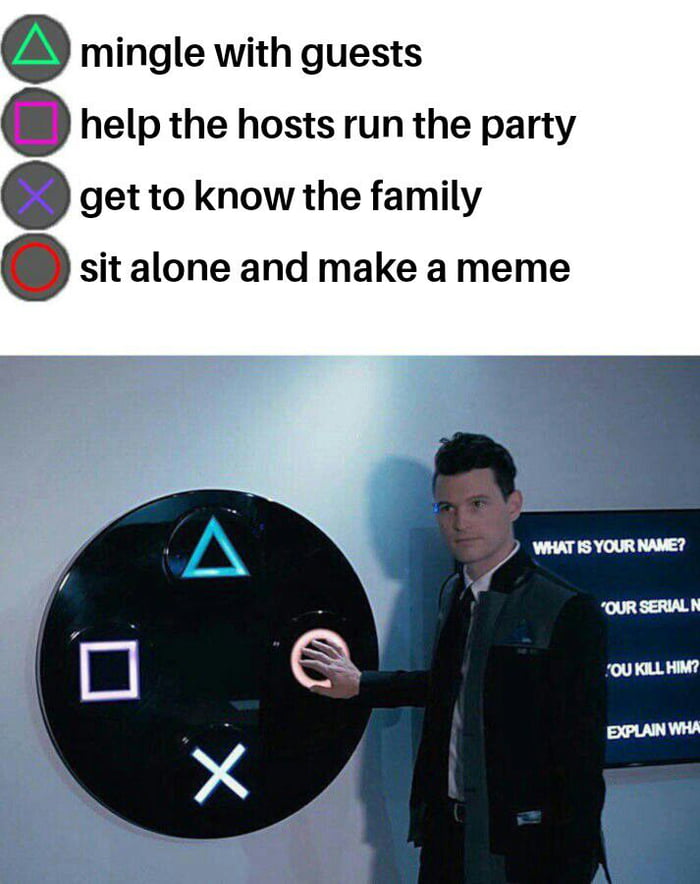 In particular, it has been proven that an excess of strong alcohol or wine often contributes to the occurrence of breast cancer. 4% of breast cancer cases are associated with alcohol (especially due to the habit of strong drinks such as whiskey, gin, vodka), but one glass of red wine with each meal is quite safe (except during pregnancy)."
In particular, it has been proven that an excess of strong alcohol or wine often contributes to the occurrence of breast cancer. 4% of breast cancer cases are associated with alcohol (especially due to the habit of strong drinks such as whiskey, gin, vodka), but one glass of red wine with each meal is quite safe (except during pregnancy)."
In studies of cancer statistics, the author provides interesting data on breastfeeding. It turns out that the risk of breast and ovarian cancer in breastfeeding mothers is lower if the feeding lasted at least six months. In addition, the number of children and age during the first pregnancy - about 26 years old - matters. Every baby breastfed for three to six months reduces the chance of getting breast cancer by 8%.
“If a woman is at risk of breast cancer, then we strongly recommend longer breastfeeding - from 12 to 24 months. This can reduce the risk by 50% relative to other women with the same risk factors.”
In addition to breast milk, you can use another superfood - sprouts. They can be consumed without restrictions, adding to a salad of fresh vegetables or a green salad of basil, tarragon, chives, marjoram, shallots.
They can be consumed without restrictions, adding to a salad of fresh vegetables or a green salad of basil, tarragon, chives, marjoram, shallots.
How to grow?
“If you don't have a sprouting box, use a large jar with an iron screw cap. Make holes in the lid (using nails and a hammer), like a colander. In this way, you can prepare three sprouting containers, which will be quite enough to fully provide yourself with fresh sprouted grains.
And finally, 3 habits of long-livers in Okinawa:
- Stop eating before you feel full.
- Eat vegetables in a slightly crunchy state, that is, slightly undercooked, al dente. This allows you to save the nutritional qualities necessary for health.
- Eat fish at least three times a week: tuna, salmon, mackerel are rich in omega-3 fatty acids, and algae are rich in iodine and calcium.
The French rules of healthy eating differ little from the simple rules of sanity. But those described by a surgeon, an oncologist, a nutritionist seem to acquire a new meaning.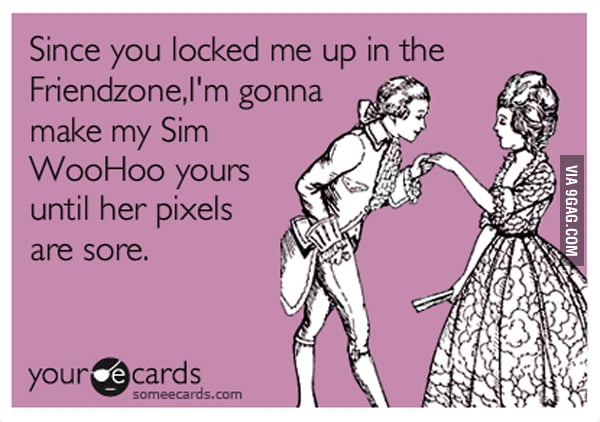
Chad-Meng Tan. Joy From Within
Chad-Meng Tan, a former Google engineer and self-development expert, has written a book that, if not life-changing, will at least help you see more joy in every day.
Many have taken this book off the shelf after learning that its author is a former Google engineer. Everyone there knows for sure.
“If you were unhappy when you started your career as a middle-class man, then as you make your way into the world's financial elite, you will only increase your unhappiness, as the states of mind that make you unhappy—greed, cruelty, paranoia, and self-doubt—only increase. Similarly, if you were initially happy, then becoming rich will most likely increase your happiness. Because the states of mind that made you happy—generosity, kindness, and peace of mind—will also multiply and bring you even more happiness.”
The axiom about "those who have it will be given" has been tested by many. Therefore, learning to be happy is always useful, and especially before becoming successful.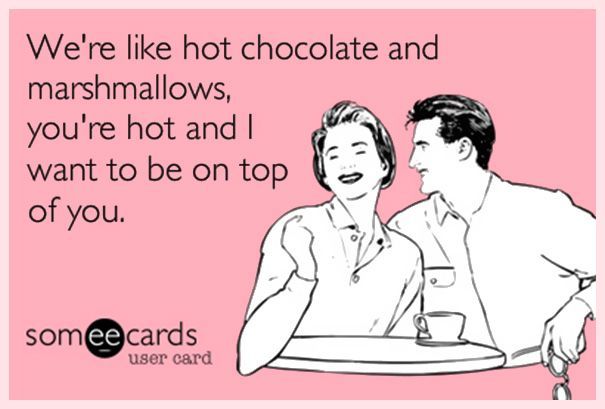 This will help not only achieve success, but also subsequently fully enjoy it.
This will help not only achieve success, but also subsequently fully enjoy it.
Chad Med Tan says that it is important not only to see yourself objectively, but also not to lose self-control and kindness.
“If you can see pain and despair in yourself and retain enough self-control and kindness for at least a small joy, so that its rays break through into the very core of grief and suffering, then you will forever get rid of fear and will be firmly confident in your abilities. and courage. This is the highest level of confidence you can achieve.”
Cheng says the mind needs to be trained. And the most important benefit of mind training will be the ability to bring your thoughts to calmness at any time you need. Mastering this skill is life changing.
5 minutes to calm the mind:
Preparation
Sit so that you can remain alert and relaxed at the same time (whatever that means to you). The eyes can be kept open or closed.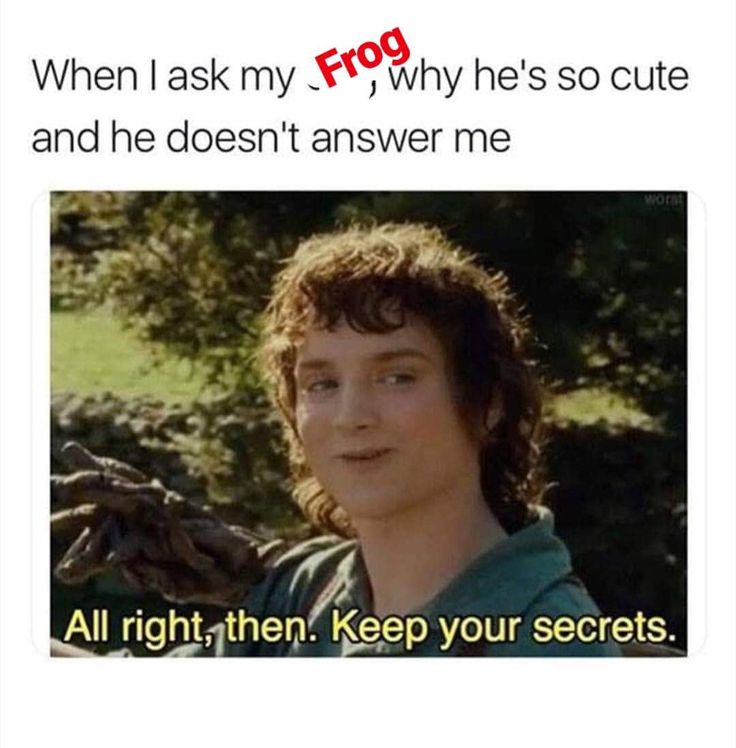
Anchor (1 minute)
Gently focus your attention on your breath, or on your body, or on any object that can hold your attention for a while. If attention is distracted, gently bring it back to the anchor.
Rest (1 minute)
Let the mind rest. If you wish, imagine that the mind is easily held on the breath, like a butterfly on a flower. Or say to yourself: “I don’t have to go anywhere and I don’t have to do anything, just rest.”
Being (1 minute)
Move from doing to being. Sit without any purpose. Just sit and feel the present moment for a minute.
Free choice (2 minutes)
For the remaining two minutes, practice one of the three tried-and-tested methods that you like best, or a combination of them.
Joy and gratitude are the basis of everything.
More gratitude - more joy. Giving thanks and enjoying even small things means constantly being in high spirits.
By the way, you can rejoice not only for yourself. Altruistic joy can be much more pleasant.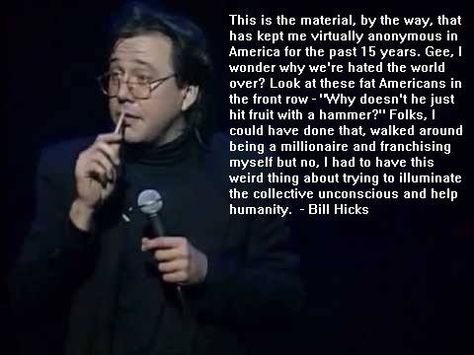
“Whenever you dedicate your time and effort to something good, do any act born of altruism, stop and think: “I am doing this selflessly. And these very intentions make me happy!”
The book is good for light reading, suitable for those who like to feel a slight aftertaste of optimism. And it gives you the opportunity to remember that you need a little to be happy.
Chris Bailey. My Productive Year Chris Bailey is remarkably productive. He shares his proven tools and inspires you to move from words to deeds today. How do you get everything you have planned every day? How to stop procrastinating? How is viewing photos of puppies and kittens related to our productivity?
Productivity, productivity. Do you need it? Before even thinking about doing everything, the author advises asking yourself: “What are the deepest values that dictate my desire to increase productivity? Why do I even want to be more productive?”
If you have no difficulty listing values (such as the desire to live a meaningful life, to contribute to society, relationships with others, freedom, the desire to acquire new knowledge), then most likely these values are really important to you on a personal level and you should seek appropriate changes in life.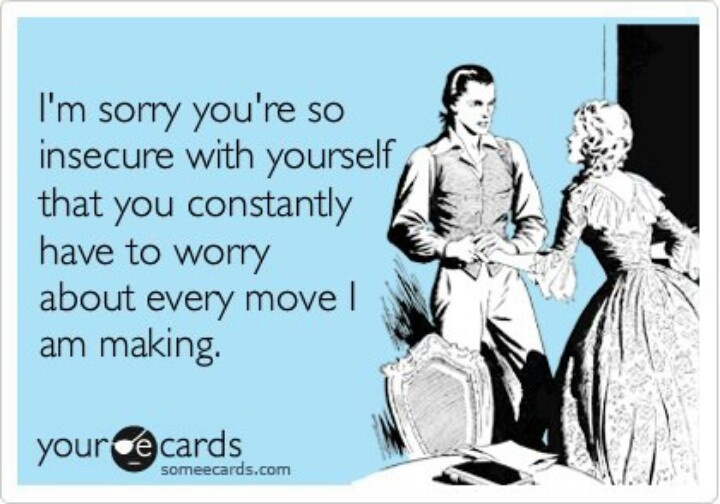 At the same time, if you experience difficulties while completing this task, then it is possible that the declared goals do not correspond to your values and are not truly significant for you.
At the same time, if you experience difficulties while completing this task, then it is possible that the declared goals do not correspond to your values and are not truly significant for you.
As for approaches, here the author is not too original. He cites the example of the Pareto principle, according to which 80% (of some result) is provided by 20% (of some actions). For example, 80% of sales come from 20% of customers, or 80% of all revenue is distributed to 20% of people. This rule also applies to productivity: performing a very small number of tasks can provide the lion's share of the results.
"Productivity is not about doing more things, but about doing the 'right' things."
So, to be more specific. The author proposes to use the "rule of three". The rule is simple: at the beginning of each day, before you start working, you need to decide what three things should be done by the end of the day. The same must be done at the beginning of each week.
"A short three-to-do list will be your guiding star in your daily rush, and this compares favorably with long to-do lists, failure to do any of which can make you feel dissatisfied with yourself. "
"
This does not mean that the list of the day will include only 3 tasks. In addition to the three main cases, you can choose several smaller ones. But you will focus on three main tasks, remembering that time is limited.
Fans of wish cards will be disappointed. The author is not a fan of visualizations. It is much more effective, he says, to create a memory of yourself in the future. The idea of yourself as a more productive person is often enough to increase motivation, to act for the benefit of the future self.
By the way, it's good to imagine yourself without the Internet. Yes, because if you are careless, the Internet can have a very negative impact on your productivity. The best way to minimize wasted time is to disconnect from it while working on high-impact or emotionally distressing tasks, and disconnect from the internet for as much time as possible throughout the day. After the initial period of withdrawal, you will experience an incomparable feeling of calmness and desire to work as productively as possible.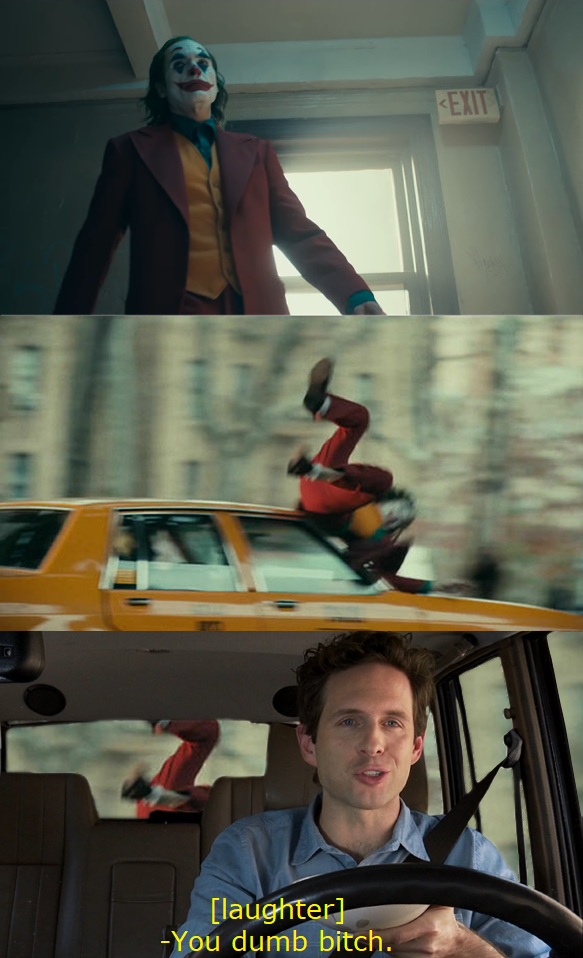
"In my experience, learning to see the Internet as a luxury rather than a necessity is important for productivity."
Knowing your biology, you will be able to build individual schedules. Achieving more is easier if you focus on the most important and significant tasks at the moment when you feel a surge of energy. Know exactly when your biological peak is. This is the most valuable time that must be managed wisely.
“Right now, go to Outlook, iCal, Google Calendar, or whatever calendar you use, and reserve a few weeks for your biological peak. Make sure you set reminders 30 and 15 minutes before your biological peak and use them as a signal that it's time to get serious about one of your most important and most impactful tasks."
Now, attention to the important question: "How much am I willing to pay to buy one hour of my life?"
"Analyze how much you are willing to pay to redeem an hour of your life based on your income, employment, and the perceived value of money and time. Then ask how much money you can find a good assistant, virtual assistant, intern or professional help in any This may be the most valuable calculation you are destined to make in your entire life.”
Then ask how much money you can find a good assistant, virtual assistant, intern or professional help in any This may be the most valuable calculation you are destined to make in your entire life.”
Answering to yourself, you will understand that single-tasking is the solution. We become more productive for the same reason that productivity increases when we break down complex tasks or projects into individual elements. As a result, time, attention and energy are distributed among fewer objects. The same is true for single-tasking: you invest all your time, attention, and energy in one single thing, resulting in more accomplishments in the same amount of time.
The book also contains information on the importance of sleep and meditation.
“It seems to me that many people perceive the process of meditation as something more complicated than it actually is. I do not want to delve into its technical aspects here. Basically, I just sit on a chair or on a cushion—usually in my casual clothes—and watch my breathing.

